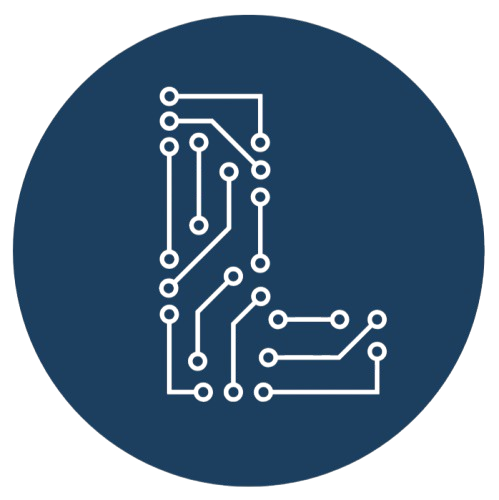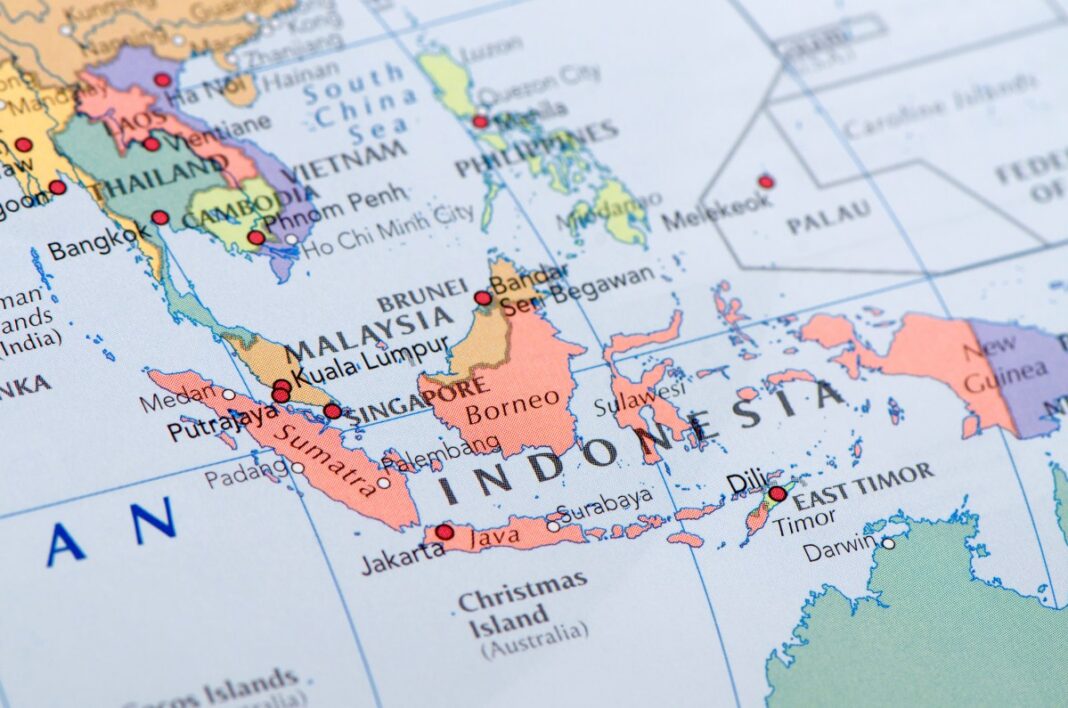Big Tech and pharmaceutical companies are accelerating the implementation of artificial intelligence in the healthcare industry. Just last month, AWS and General Catalyst announced their partnership to speed up the development and deployment of healthcare AI tools. GE Healthcare teamed up with AWS to build generative AI for medical use in 2024.
Now, a Thailand-based healthcare startup, HD, has built a marketplace, HDmall, to digitize the fragmented medical industry in Southeast Asia. The startup helps users find healthcare providers like hospitals and clinics. It also assists people in finding specific surgeries and health check-ups, aggregates services to lower costs and provides users with installment payment options.
The startup has secured $7.8 million in equity funding to enhance its marketplace and invest further in its AI technology. The recent funding marks the first investment of U.S. pharma giant Merck Sharp & Dohme (MSD) in a healthtech startup in Asia Pacific. (MSD is the brand that Merck uses to operate outside the U.S. and Canada, and it launched an accelerator called IDEA Studios last June.) Other participants in HD’s funding included SBI Ven Capital, M Venture Partners, FEBE Venture, and Partech Partners also participated in the latest financing.
“MSD, which produces the HPV vaccines, reached out to [us] because we were already selling a lot of HPV vaccines online that were being administered at the hospitals and clinics we work with,” co-founder and CEO of HD Sheji Ho said in an exclusive interview with TechCrunch. “And if you look at the numbers, we [offer] the largest number for vaccines online in the markets.”
The five-year-old startup’s marketplace has over 30,000 stock-keeping units (SKUs) from more than 2,500 hospitals and clinics and a handful of pharmaceutical partners and 400,000 paying customers across Thailand and Indonesia, generating $100 million in annual gross transaction volume, Ho noted. It aims to reach 5,000 healthcare providers and 600,000 patients in 2025.
The latest financing, which brings HD’s total funding to $18 million, comes less than a year after it raised a $5.6 million round.
In early 2024, HD started building an AI chatbot, Jib AI, which has been trained on anonymized healthcare product data, transaction data, and chat commerce data sets using advanced large language models. After implementing generative AI technology in its marketplace, almost 60% of customer interactions are managed by AI agents, which deliver “high-quality, instant 24/7 response to customers”, Ho said.

Jib AI helps healthcare professionals like nurses, doctors, and surgeons focus on providing quality patient care by handling most initial triaging and care navigation tasks.
Over the next 12 months, the company aims to improve its AI agent capabilities by adding order and refund processing, assisted checkouts, scheduling, electronic health record checking, and medical information retrieval with the Jib AI Health Assistant and via AI-powered asynchronous virtual care with expert physicians.
The startup also says it plans to expand its network of external partners over the next two years, focusing on insurance and pharmaceutical companies, as well as employers and educational institutions.
“While US healthcare companies such as Transcarent and Accolade started directly with B2B care navigation, we see a unique opportunity in Southeast Asia to adopt a ‘B2C2B strategy’ as defined by Andreessen Horowitz,” Ho told TechCrunch. “This approach leverages our existing B2C success to transition into B2B, effectively pursuing enterprise monetization from the outset.”
Healthcare in Southeast Asia
Most venture-backed healthcare startups in Southeast Asia, including Singapore’s Doctor Anywhere, Halodoc and Alodokter in Indonesia, primarily focus on telehealth and virtual health services. But Ho says the approach is not sustainable in Southeast Asia. “Post-pandemic, telehealth as a business model in SEA has encountered significant challenges and is rapidly losing favor among both consumers and investors.”
The company now positions itself as a mix of Amazon One Medical in the U.S., Chinese outpatient healthcare platforms like JD Health and Alibaba Health, and the Indian inpatient healthcare platform Pristyn Care.
The healthcare industry is quite different in emerging Southeast Asian markets such as Thailand, Indonesia, and Vietnam. Without a family doctor system like in Western countries, patients often go straight to hospitals or clinics. This makes it difficult for patients to find the right healthcare services, know where to go, and understand how to handle the costs, Ho told TechCrunch.
Due to 40% of healthcare costs being paid by individuals and low levels of private health insurance coverage, people are more sensitive to prices and feel more pressure when making decisions. This leads to a growing demand for platforms that offer clarity, transparency, and ease of comparison among various providers, Ho continued.
HD’s platform operates more like the “Amazon of healthcare.” Instead of listing individual GPs or offering physician appointment scheduling, it enables healthcare providers to sell productized services. “Our offerings range from health check-ups, cancer screenings, and IVF procedures to root canal treatments, HPV vaccinations, and surgeries like thyroid and hemorrhoid surgeries. This approach aligns with how most people in the region begin their healthcare journeys—by searching for specific services rather than individual doctors,” Ho said.
HD provides its services in Thailand and Indonesia, and it plans to enter Vietnam and eye Myanmar because of their similar healthcare systems.
“Their healthcare model is quite similar in some ways to Mainland China. So it’s a high cash payment, around 40%. There is no family doctor system, so people go straight to hospitals or clinics; thereafter, government social security coverage comes into play,” Ho told TechCrunch. “But those budgets are getting smaller and smaller. This means that more of the pressure to cover healthcare is shifting towards the private sector, whether it’s through cash or private insurance. This is why insurance going forward presents a big opportunity for us.”
Moreover, there is a rising trend towards self-empowerment in terms of user behavior in these markets. They are getting more accustomed to using tools such as Google Search or ChatGPT to search for healthcare-related subjects. This aligns well with what HD provides, as it empowers individuals to make their own healthcare choices, according to Ho.



